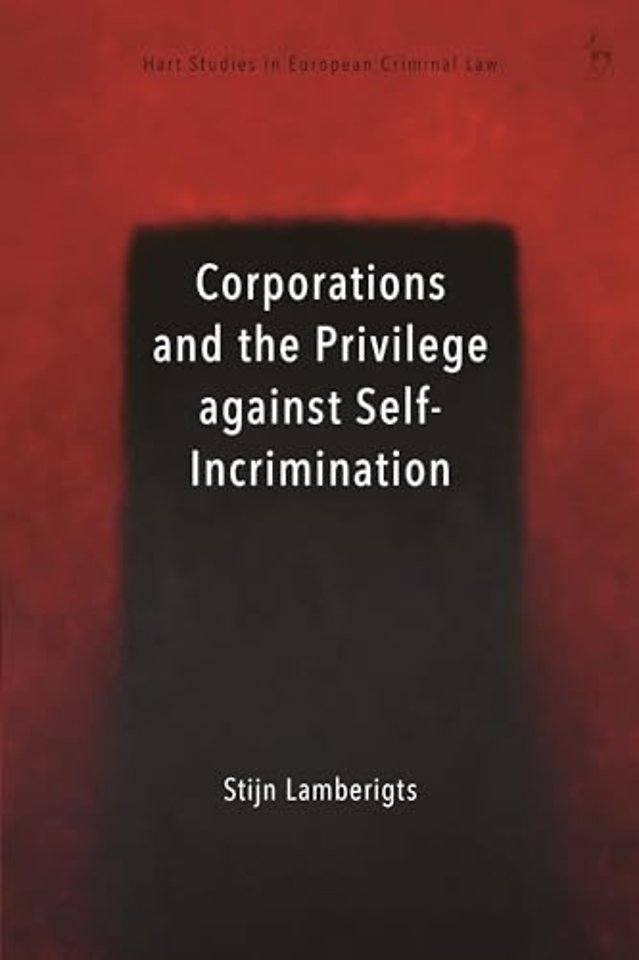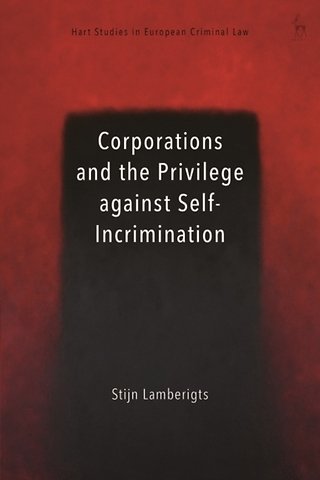Corporations and the Privilege against Self-Incrimination
Samenvatting
This book asks whether the well-established privilege against self-incrimination applies to corporations, whether it should, and if so, to what extent. Those questions have an increasingly important EU criminal law dimension. To answer them, this study draws on comparative insights from Belgium, England and Wales, and the US; as well as case law of the ECtHR and EU Law.
It covers the established CJEU case law in competition cases, the recent CJEU ruling in DB v Consob and addresses Directive (EU) 2016/343. It will appeal to scholars of EU criminal law, but also to white-collar and competition practitioners.
Specificaties
Inhoudsopgave
2. The Roots and Historical Rationale(s) of the Privilege against Self-Incrimination
3. How Different Are Corporations for the Purpose of the Privilege against Self-Incrimination?
4. Contemporary Rationales of the Privilege against Self-Incrimination
5. Self-Incrimination
6. Compulsion
7. The Privilege against Self-Incrimination and Different Types of Evidence
8. The Applicability of the Privilege against Self-Incrimination Ratione Temporis
9. Waiver of the Privilege against Self-Incrimination
10. Corporations and the Privilege against Self-Incrimination
11. A Proposal for a Balanced Corporate Privilege against Self-Incrimination
12. Overall Conclusion
Anderen die dit boek kochten, kochten ook
Net verschenen
Rubrieken
- aanbestedingsrecht
- aansprakelijkheids- en verzekeringsrecht
- accountancy
- algemeen juridisch
- arbeidsrecht
- bank- en effectenrecht
- bestuursrecht
- bouwrecht
- burgerlijk recht en procesrecht
- europees-internationaal recht
- fiscaal recht
- gezondheidsrecht
- insolventierecht
- intellectuele eigendom en ict-recht
- management
- mens en maatschappij
- milieu- en omgevingsrecht
- notarieel recht
- ondernemingsrecht
- pensioenrecht
- personen- en familierecht
- sociale zekerheidsrecht
- staatsrecht
- strafrecht en criminologie
- vastgoed- en huurrecht
- vreemdelingenrecht







